Coronavirus: BioNTech-Pfizer pledges 75 million more EU vaccines
By DW
14 February 2021 |
6:28 pm
The EU's vaccine rollout has come under fire for its slow pace amid production shortages. BioNTech-Pfizer now plans on supplying around 2 billion total doses, up from a previous 1.3 billion, by the end of 2021.
In this article
Related
Related
2 days ago
Panama's former security minister Jose Raul Mulino on Sunday stormed to victory in a presidential poll dominated by his old boss, the popular ex-leader Ricardo Martinelli, who buttressed his campaign despite being holed up in Nicaragua's embassy.
1 day ago
German Chancellor Olaf Scholz says Berlin is firm in its resolve to defend the Baltic states against Russian aggression. His comments came on a visit to Lithuania, where German troops are to deploy permanently.
1 day ago
Chinese support for Russia over the war in Ukraine, renewed tensions over Taiwan and a row over Chinese subsidies giving China's companies an unfair advantage over European competitors.
1 day ago
Can you still send strong messages when you have rolled out the red carpet and chilled the champagne for a state dinner? China’s Xi Jinping feted in the French capital for his first visit to Europe since 2019, this despite trade tensions, spy scandals and insistence that he isolate Vladimir Putin over Russia’s invasion of Ukraine. How much has changed since a year ago when Emmanuel Macron was accused of lax messaging on human rights and Taiwan when he traveled to Beijing?
1 day ago
Can you still send strong messages when you've rolled out the red carpet and chilled the champagne for a state dinner? China's Xi Jinping is being feted in the French capital for his first visit to Europe since 2019, despite trade tensions, spy scandals and insistence that he isolate Vladimir Putin over Russia's invasion of Ukraine.
1 day ago
Russian President Vladimir Putin is set to be inaugurated for a fifth term. In other news, there's new information on how Ludwig van Beethoven may have lost his hearing, some 197 years after his death. Finally, this year's Met Gala throws up a variety of sublime and ridiculous outfits.
Latest
1 day ago
Find these stories and much more when you grab a copy of The Guardian on Wednesday.
1 day ago
Painting his very own canvases into a vivid, red scene, Henri Matisse marked an important – and somewhat controversial – moment in his artistic journey with the 1911 piece "Red Studio". As the LVMH Foundation shows the painting in a new setting in Paris, we take a look at its relevance in art history. Meanwhile, the cityscape of Marseille is the backdrop for Chanel’s 2024/25 cruise collection, as they elevate the catwalk to the roof of Le Corbusier's iconic "Cité Radieuse" building. And we discuss some of the artists drafted to the jury of the upcoming 77th Cannes Film Festival, where Meryl Streep will receive an honorary Palme d'Or for her career in cinema.
1 day ago
Barrister Oluwatodimu Ige, a legal practitioner spoke with GuardianTV about paternity fraud and when it becomes a crime according to the Nigerian legal framework.
1 day ago
A new six-week abortion ban in Florida makes it illegal to seek a termination before many women even realise they're pregnant. Amid a dizzying patchwork of abortion legislation across US states following the overturning of Roe v. Wade almost two years ago, the issue of reproductive rights is increasingly galvanising voters on both sides of the political divide. Also, as birth rates continue to fall steadily across much of the word, Haxie Meyers-Belkin talks to Dr Helen O'Neill, lecturer in Reproductive and Molecular Genetics at UCL, about what she calls the "fertility taboo", whereby growing numbers of couples struggle to start families after neglecting their reproductive health until it's too late.
1 day ago
With inflation taking a toll on people's finances and amid a growing sense of responsibility towards the climate, second-hand shops are booming across the globe. In France, around 10 percent of clothes each year are now resold, and thrift stores are attracting a wider audience.
1 day ago
A global trend of increasing antisemitism has skyrocketed since Hamas' deadly October 7 attack, a new report has said. The Tel Aviv University report says many Jews across the world may soon be unable to live in safety.
×

Get the latest news delivered straight to your inbox every day of the week. Stay informed with the Guardian’s leading coverage of Nigerian and world news, business, technology and sports.




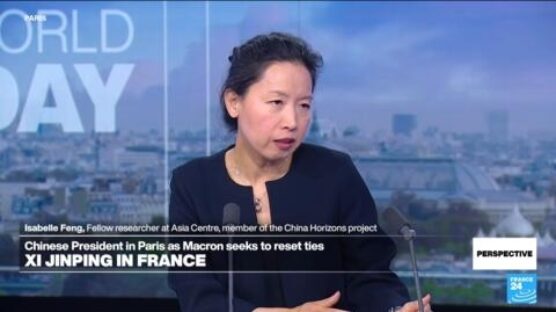
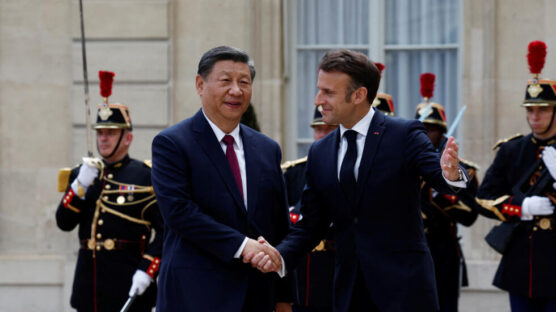
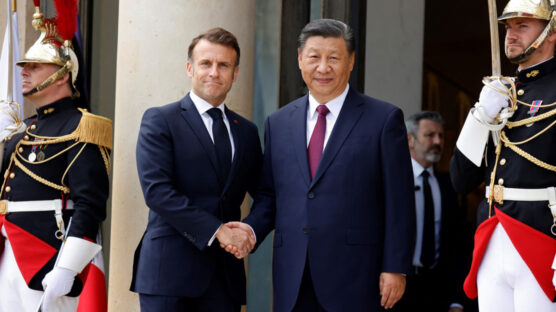
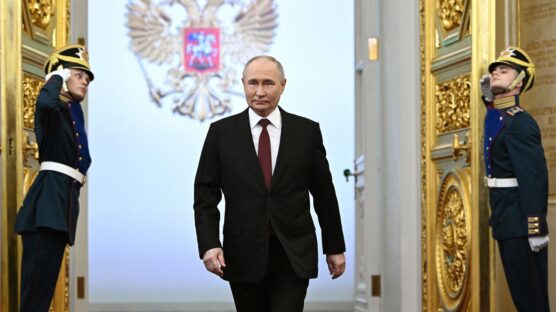






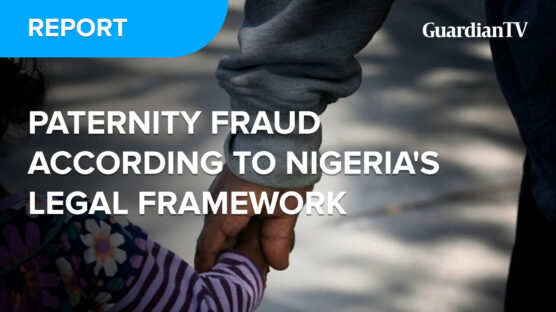
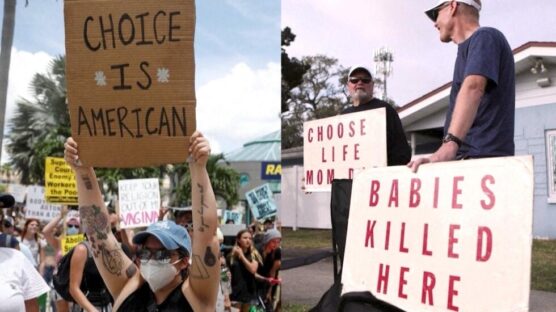


0 Comments
We will review and take appropriate action.